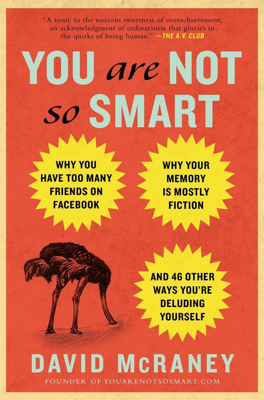Procrastination
Misconception vs. Truth
Misconception:
You procrastinate because you are lazy and can’t manage your time well.
Truth:
Procrastination is fueled by weakness in the face of impulse and a failure to think about thinking.
Procrastination and Present Bias
- Present Bias: The tendency to prefer immediate rewards over future benefits, despite knowing the future rewards are more significant.
- Netflix Queue Phenomenon: People often add challenging, highbrow films to their list but choose to watch light, less demanding movies first.
- Study Example: Read, Loewenstein, and Kalyanaraman found that subjects often plan to watch highbrow movies in the future but prefer lowbrow options immediately.
Time-Inconsistent Preferences
- People plan healthy or productive activities for the future but opt for pleasurable and less demanding activities when the time comes.
- Example: Choosing fruit for future consumption but picking cake when the actual moment arrives.
Psychological Research on Procrastination
- Marshmallow Experiment: Walter Mischel's study demonstrated how children who delayed gratification by using distraction strategies tended to achieve more in life later on.
- Key finding: Success in delaying gratification is linked to employing strategies to avoid temptation rather than simply having more self-control.
Hyperbolic Discounting
- Definition: Preference for smaller-sooner rewards over larger-later ones, which diminishes over longer delays.
- Example: Choosing $50 now over $100 in a year but $100 in six years over $50 in five years.
Practical Insights on Deadlines
- Study by Wertenbroch and Ariely: Students with imposed spaced deadlines performed better than those who set their own deadlines or had one final deadline.
- Self-imposed deadlines spaced out can help mitigate the tendency to procrastinate.
Strategies to Combat Procrastination
- Planning for Weakness: Accept that future-you will likely give in to temptation and plan accordingly.
- Use tools like Freedom (which disables internet access) to prevent future-you from getting distracted.
- Recognize the importance of setting realistic deadlines and creating structures that force performance.
Long-Term Implications
- Productivity does not stem from sheer willpower but from outsmarting innate tendencies toward immediate gratification.
- Successful individuals use cognitive strategies to manage present bias and impulse control, navigating the tension between short-term pleasure and long-term goals.
